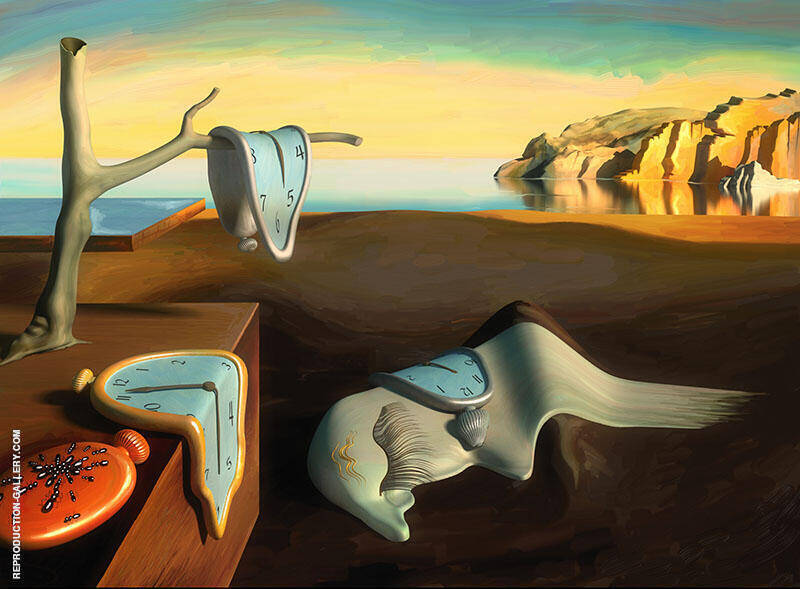All memory is selective. Very few people remember every detail of everything that has ever happened to them (I’m looking at you Marilu Henner!) Tonight I’ve been thinking about how that happens. How do we select what memories to keep vividly in the front of our brains? How do we decide what to bury in the murky depths? Are those memories that we’ve selected real or did we construct them from pieces of the truth to build a more interesting/positive/useful/coherent-with-our-personal-biases memory?
This ruminating began because of something I posted to social media. I recalled that, on my first day as a teacher, my principal told me, “We have a lot of good kids in this school, but remember – good kids make poor decisions every day. They’re still good kids.” I put that in quotation marks even though there is absolutely no possibility that I remember the quote word-for-word. I very clearly remember the meaning of what Sister Helen Marie said to me that day, though, so the specific details of my dubiously constructed memory really aren’t that important, are they?
One of my early mentors replied with a wise quote from his first principal. Obviously he doesn’t remember the quote perfectly, but that doesn’t matter. He remembers the meaning.
This led me to think about my memories and to wonder how authentic
they actually are, both the good and the bad ones. As somebody who has felt
sometimes-crippling anxiety through most of his life, I can vividly remember
many experiences that feed that anxiety. I wonder, though – are those true
memories or things my brain has constructed along with the ever-present
anxiety? I can still feel very real feelings of guilt when I think about the
time I was somewhere around seven years old on a family vacation to Myrtle Beach.
We went to play minigolf, as you do at the beach. Some of the holes were
constructed in the familiar way where there are multiple intermediate holes
that you can aim for and each has a tube that brings the ball to a good or bad
spot on a lower green. When we got to the 18th Hole, I noticed that
the cup was not a regular cup, but a tube, so I assumed it led to a lower green
that I could not see. I had my mother’s ball in my hand and dropped it in the
hole to see where it would come out. Instead it disappeared, because it was the
last hole, and the balls go to a container to be retrieved later. I felt so
guilty about taking away my mother’s chance to play the last hole that I still
feel it to my core when I remember that day now. Was it a big deal? No. Did
anybody else in my family remember that incident for more than 5 minutes?
Probably not. Did anybody react at the time like it was a big deal? I have no
idea – it doesn’t matter. I, in my child brain, felt like it was a big deal, so
that memory was forever imprinted on my brain with that emotion.
The details of memory seem to be completely unreliable, but the feelings and lessons last for a lifetime. As I work with students, I need to remind myself of that. When that same student interrupts my planning block for the nth time to ask a question about the homework, I need to remember that, 20 years from now, they will not remember any of the details about what I said or what problems we worked on, but they will remember how I made them feel. When I interact with the people I love, I need to remember that the tone is more important than the syntax. As somebody driven by anxiety, I also need to be more forgiving of myself and understand that the overwhelming memories of how I felt in some situations are just as unreliable. The late, great Wake Forest professor Maya Angelou is often credited with saying, ““I’ve learned that people will forget what you said, people will forget what you did, but people will never forget how you made them feel.”
I take that quote as both an admonition and a caveat. I need to
think about how my interactions with people will make them feel, because that
is the long-term takeaway. I also need to remember that how people made me feel
is a product of my own anxiety and not necessarily the intended result of what
they said or did. I frequently tell people to “assume positive intent” when
interpreting what other people say or do. Now I just need to figure out how to
make the subconscious part of my brain do that when storing away these
long-term memories!



